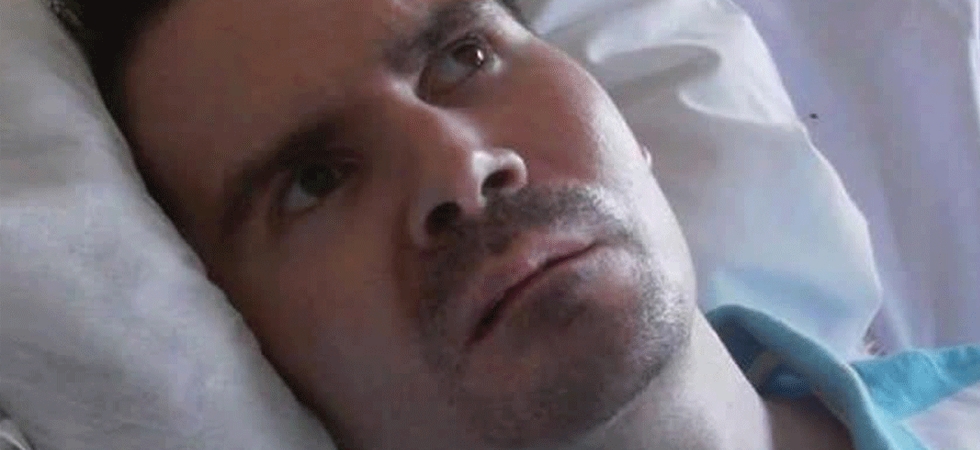NEW YORK, July 12 (C-Fam) Starting more than a week ago, and culminating on Wednesday with his death, French doctors decided deliberately to kill Vincent Lambert.
Following a road accident 11 years ago, Lambert had been paralyzed and lived in a state of minimal consciousness. He clung to life for nine days without food or water.
A ruling of the French Court of Cassation gave Lambert’s doctors the go-ahead to kill him last week. The high court and French government ignored a request of the UN committee on the rights of persons with disabilities to halt the starvation of Lambert last month, while his case was pending before the committee.
Lambert’s mother implored the UN Human Rights Council in Geneva to stop the French doctors last week. She broke down in tears to say that what was happening was an “assassination.”
“Vincent is not about to die; Vincent is not a vegetable. I’ve never seen a vegetable that turns its head when you call him,” Lambert’s mother pleaded in Geneva last week. She said she had photographic evidence that disproved the prevailing narrative in the French press that Lambert was a “vegetable.”
Lambert survived at least two other previous attempts to starve him. A lower court had stopped the starvation of Lambert last month, but the high court overturned the lower court in what critics consider a cynical procedural ruling.
Medical experts said his dogged survival showed Lambert’s will to live was strong. His parents said he cried when he first was told that doctors wanted to euthanize him.
Lambert’s parents carried out a multi-year legal battle to stop Lambert’s starvation. They said it was not medically necessary since he was not in pain. They insisted that he was conscious enough and that he communicated with them, even though he was unable to speak.
His wife Rachel Lambert, however, claimed Lambert did not want to live in his condition and that his was not a life worth living. She maintained that Lambert expressed this wish himself while he was still conscious.
The lawyers for Lambert’s casts doubt on his wife. They presented evidence that Rachel Lambert only recalled such conversations five years after Lambert’s accident, and only after talking with pro-euthanasia doctors. Moreover, out of all eight of Lambert’s siblings, only one recalls such a wish ever being expressed by Lambert himself, even though six of the siblings were fine with euthanizing Lambert. They also pointed out that Lambert did not leave any advanced directives, even though he was a nurse, and therefore familiar with advanced directives.
In 2015, the European Court of Human Rights gave French doctors the go-ahead to euthanize Lambert. French law does not allow euthanasia, so the French doctors have called the starvation of Lambert a suspension of disproportionate and harmful treatment instead.
Earlier this year, the UN committee on disabilities asked the French government to halt any protocols to starve Lambert until it had a chance to review his case.
The UN committee on the rights of persons with disabilities is charged with monitoring the compliance of states with the UN treaty on the rights of persons with disabilities. Because France is a party to the optional protocol of the UN disabilities treaty, the government of France is bound to seriously consider the views of the committee in cases such as Lambert’s.
“Stefano Gennarini, J.D. writes for C-Fam. This article first appeared in the Friday Fax, an internet report published weekly by C-Fam (Center for Family & Human Rights), a New York and Washington DC-based research institute (https://c-fam.org/). This article appears with permission.”








